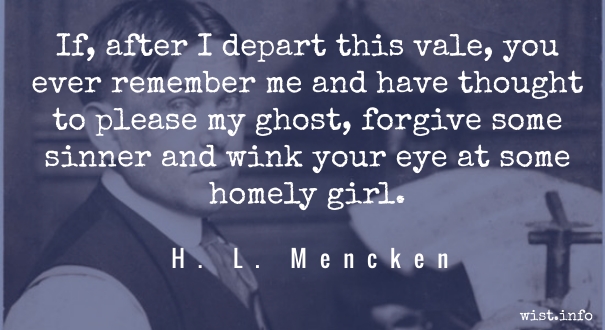Byron In Exile
Frederick Fucking Chopin
- Joined
- May 3, 2002
- Posts
- 66,591
I somehow missed this.yeah, yeah.
You need to take your activity to another rumpus room, that's all.
You have a lot of nerve insinuating witchburning, Mister Counts-His-Money Man. I AM someone who would have beenburned, while YOU are just another of the millions of bourgeois limpdicks with a wallet where his brain should be.
Your moral code is in plenty effect all over the fucking world. This forum was once a respite from beancounters and middlemen. If you don't want to talk to the regulars, what are you doing here? Seriously, think about it.
What an utter douche you present yourself as.


